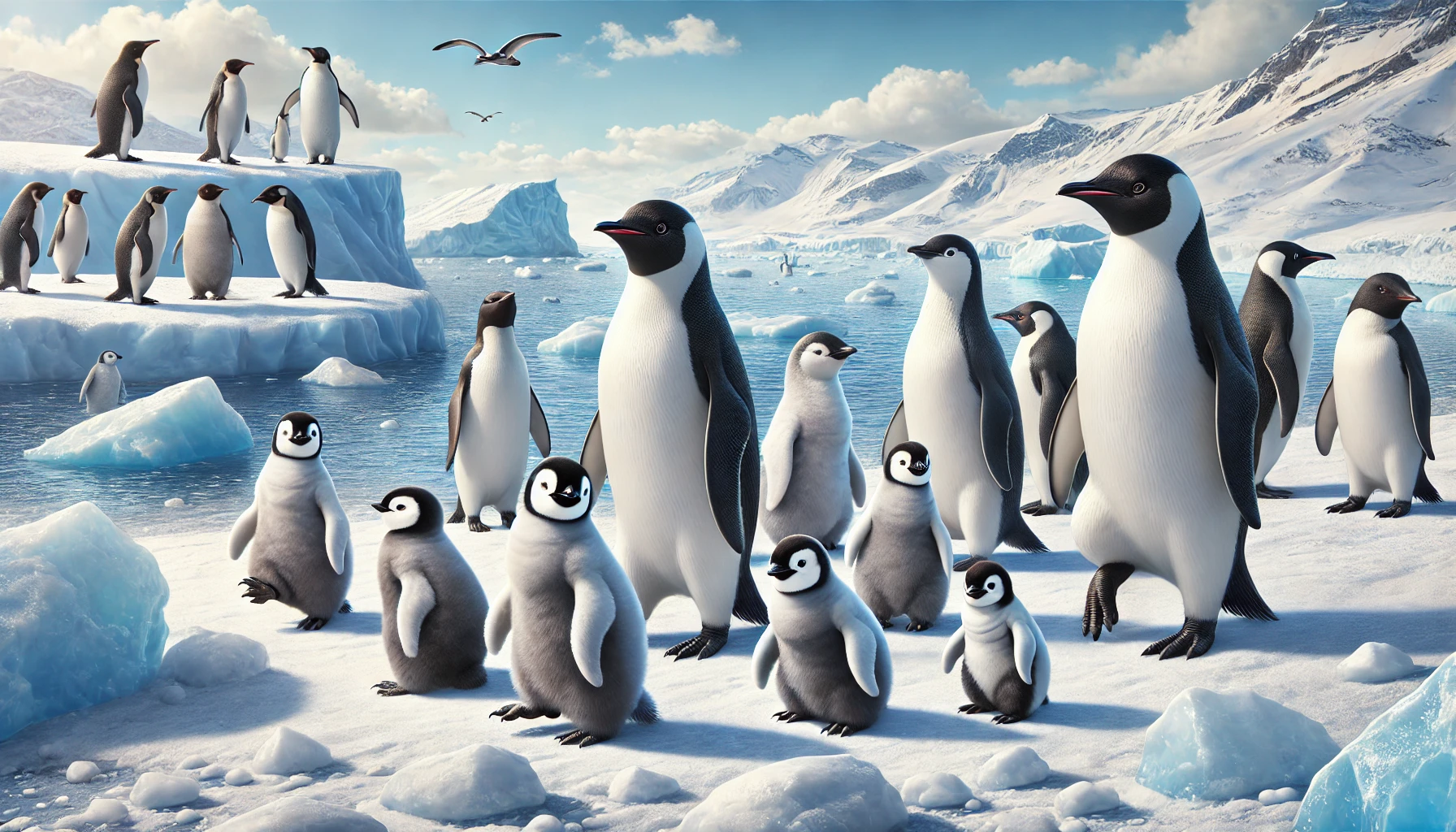Interesting Facts About Penguins and Their Behavior
Interesting Facts About Penguins and Their Behavior
Table of Contents:
- Introduction to Penguins and Their Behavior
- The Different Species of Penguins
- How Penguins Survive in Extreme Cold
- The Role of Penguins in Ecosystems
- Why Penguins Are Flightless Birds
- Conclusion: Understanding the Unique Nature of Penguins
Interesting Facts About Penguins and Their Behavior
Penguins are some of the most beloved and fascinating birds on Earth. Known for their unique waddling walk and their ability to thrive in some of the coldest places on the planet, penguins have evolved incredible adaptations for survival. In this article, we will explore interesting facts about penguins, their behavior, and their vital role in marine ecosystems.
1. The Different Species of Penguins
There are 18 recognized species of penguins, ranging in size from the tiny little blue penguin, which stands just 13 inches tall, to the large emperor penguin, which can reach up to 4 feet in height. While penguins are often associated with Antarctica, not all species live in such cold climates. The Galápagos penguin, for example, lives near the equator, while other species, like the African penguin, inhabit warmer coastal regions. Each species of penguins has adapted to its specific environment, showcasing a remarkable diversity in size, color, and behavior.
2. How Penguins Survive in Extreme Cold
One of the most fascinating traits of penguins is their ability to withstand freezing temperatures. Penguins, especially those like the emperor penguin that live in Antarctica, have thick layers of blubber under their skin that help insulate them from the cold. Their dense, waterproof feathers also provide a crucial layer of protection. Penguins huddle together in large groups to conserve warmth, especially during the harsh Antarctic winter. Male emperor penguins even incubate their eggs on their feet, using their body heat to keep the egg warm for months in subzero temperatures.
3. The Role of Penguins in Ecosystems
Penguins play a crucial role in maintaining the health of marine ecosystems. As predators, they help control populations of fish, squid, and krill, which are their primary food sources. By consuming large quantities of these marine animals, penguins ensure that their populations remain balanced, preventing overpopulation that could disrupt the food chain. In turn, penguins are prey for other animals, such as seals and orcas. The presence of penguins in marine ecosystems helps sustain the balance between predator and prey, contributing to the overall health of the oceans.
4. Why Penguins Are Flightless Birds
While most birds are known for their ability to fly, penguins are flightless birds that have adapted to life in the water. Their wings have evolved into flippers, which make them powerful swimmers. Penguins use their flippers to “fly” through the water with remarkable speed and agility, reaching speeds of up to 15 miles per hour. Their streamlined bodies and strong flippers allow them to dive deep in search of food, often going to depths of over 500 feet. These adaptations make penguins perfectly suited for their aquatic environments, where they spend much of their lives hunting for food.
5. Conclusion: Understanding the Unique Nature of Penguins
In conclusion, penguins are extraordinary birds with incredible adaptations that allow them to thrive in some of the harshest environments on Earth. From their unique behaviors, such as huddling for warmth, to their role in balancing marine ecosystems, penguins are a vital part of the natural world. Their flightless nature and expert swimming abilities make them perfectly adapted to life in the water, where they spend most of their time. Learning more about penguins helps us appreciate their significance and the importance of protecting their habitats to ensure their survival for future generations.

<ⓒ WizardMedics (wizardmedics.com)>






